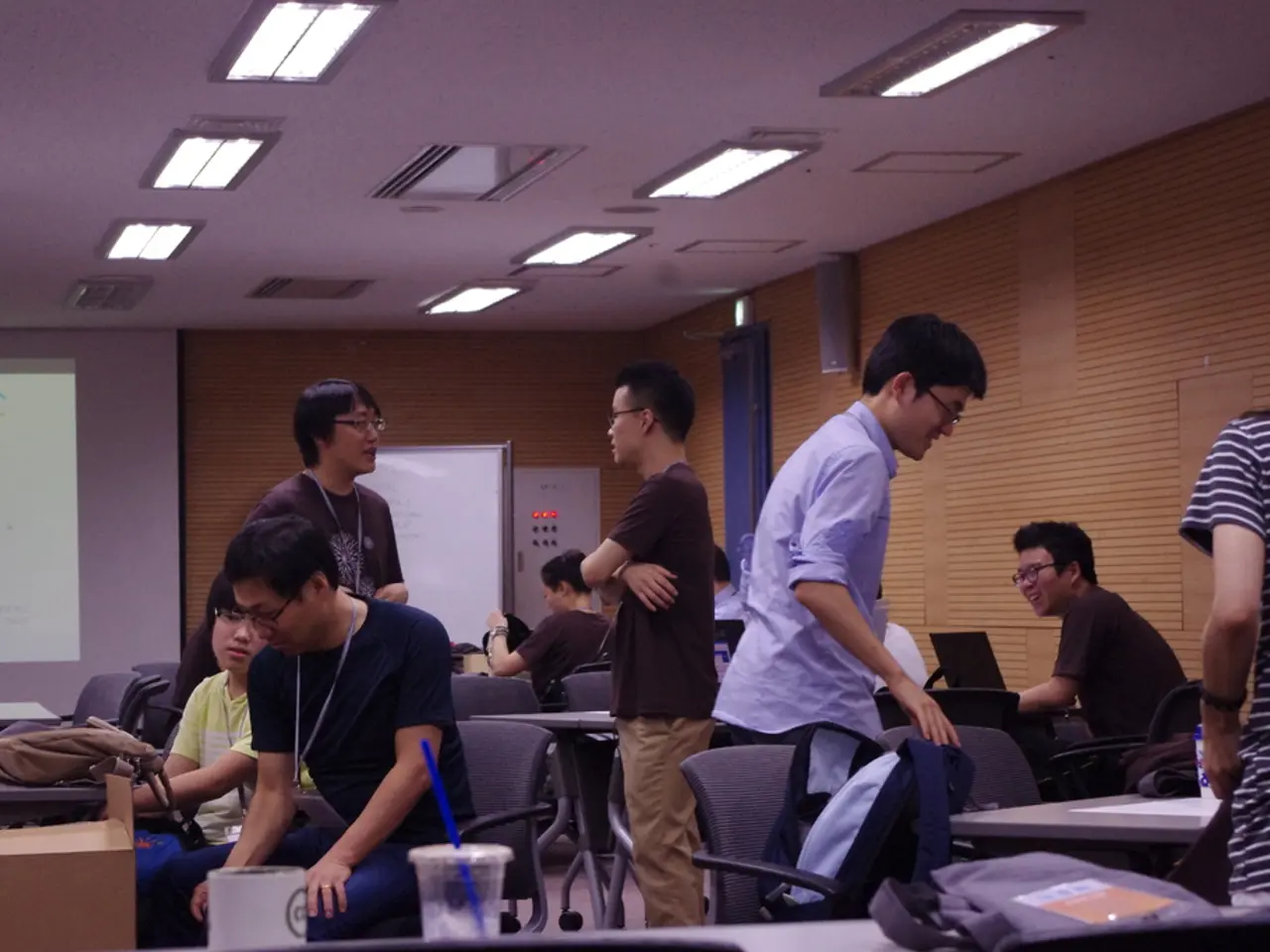Navigating the Calm Amidst the Hurry: Discovering Tranquility in an Overwhelming Academic World
==================================================================
Navigating the academic world can be a daunting task, especially for students juggling work, family needs, and internships. However, a new approach to academic life is gaining traction, promising a more manageable and meaningful journey.
This approach emphasizes the importance of pacing and focus. Scheduling breaks that cannot be skipped and focusing on one task at a time can support a healthier academic rhythm. By adopting a slower pace, students can reconnect with the initial purpose of their learning, turning them into learners rather than just task finishers.
Moreover, choosing quality over speed is a key aspect of this approach. A slower pace allows for reflection, curiosity, and deeper engagement with the material, leading to a better understanding of what one enjoys learning and where one wants to grow.
One strategy that can help manage academic stress is regular exercise. Daily exercise, such as jogging, yoga, or brisk walking, releases endorphins that reduce anxiety and enhance focus and mood.
Another crucial factor is sufficient sleep. Getting enough, quality sleep by avoiding electronics before bed and having a consistent bedtime routine improves memory and emotional regulation.
Effective time management is also essential. Using planners, calendars, and scheduling study blocks can reduce procrastination and prevent overload. The Pomodoro Technique, for instance, involves studying for 25 minutes followed by a 5-minute break.
Relaxation and mindfulness practices, such as meditation, breathing exercises, or engaging in hobbies, can calm the mind and alleviate stress.
Seeking social support from friends, family, or support groups, and learning to set boundaries by saying no to avoid excessive commitments, are also important.
Optimizing the study environment by creating distraction-free spaces conducive to focus and aligning study times with one's natural productivity peaks can further support this approach.
Lastly, self-care routines are vital. Taking breaks and prioritizing mental well-being activities like spa days or leisure walks can help maintain a sustainable academic rhythm.
By incorporating these strategies, students can balance productivity with mental health, enabling ongoing achievement without burnout. So, remember, it's not just about getting through the work, but about enjoying the journey of learning.
[1] American Psychological Association. (2020). Stress in America. Retrieved from https://www.apa.org/news/press/releases/stress/2020/covid19
[2] National Sleep Foundation. (2019). Sleep in College Students. Retrieved from https://www.sleepfoundation.org/articles/sleep-college-students
[3] University of California, Berkeley. (2020). Time Management. Retrieved from https://studentlife.berkeley.edu/wellness/time-management
[4] Harvard Health Publishing. (2020). Managing stress. Retrieved from https://www.health.harvard.edu/staying-healthy/managing-stress
Engaging in activities such as reading books on home-and-garden or personal-growth can provide a refreshing break from academic stress, nurturing a well-rounded lifestyle and promoting personal growth.
For those seeking continuous learning opportunities, exploring education-and-self-development resources that delve into topics beyond the academic realm, such as parenthood or financial planning, can foster lifelong learning and self-improvement.




